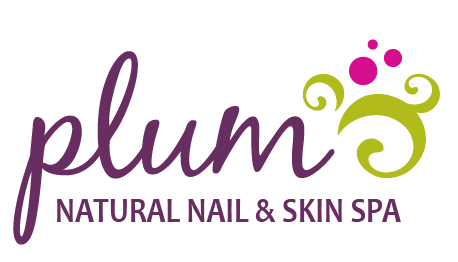Antioxidants in Skincare
Antioxidants are an essential part of any skincare routine. They provide protection against free radicals, which are molecules that are produced in the body as a result of natural processes or exposure to environmental pollutants. Free radicals can damage the skin, leading to premature aging, dullness, and uneven texture. Antioxidants work by neutralizing free radicals and protecting the skin from their harmful effects.
FIGHT SAGGING SKIN AND WRINKLES
The most significant benefit of using antioxidants in skincare is their ability to protect the skin from free radicals. Free radicals can damage the skin's collagen and elastin, which are responsible for keeping the skin firm and elastic. When collagen and elastin break down, skin becomes lax causing wrinkles and sagging.
BRIGHTEN AND EVEN OUT SKIN TONE
Antioxidants can also help brighten the skin and even out skin tone. They work by inhibiting the production of melanin, the pigment that gives the skin its color. This can help reduce the appearance of hyperpigmentation and age spots.
ANTIOXIDANTS TO LOOK FOR
There are several types of antioxidants that are commonly used in skincare products. Below are some of the power-house ingredients to look for when researching products.
VITAMIN C
It’s no surprise Vitamin C is at the top of the list! This powerful antioxidant offers a ton of benefits, both internally and topically. It’s a superstar in many brightening products because it reduces the production of melanin. This helps even out skin tone and fades the appearance of dark spots and hyperpigmentation. It also helps stimulate collagen production, which can improve the skin's texture and reduce the appearance of fine lines and wrinkles. If you're interested in incorporating vitamin C into your skincare routine, there are a few things to keep in mind. First, vitamin C is a finicky ingredient that can be unstable and easily degraded. Don’t go for the mega-sized bottles of Vitamin C serums. Stick to smaller amounts and look for products that contain stable forms of vitamin C, such as ascorbic acid, tetrahexyldecyl ascorbate, or magnesium ascorbyl phosphate. You should also be careful when layering vitamin C with other active ingredients, such as AHAs or retinoids, as it can cause irritation or sensitivity . It's best to use vitamin C in the morning and AHAs or retinoids at night.
We love Rhonda Allison’s two Vitamin C Serums:
VITAMIN E
This antioxidant is essential for protecting the skin against UV damage. It also works as an moisturizer, making it a great choice for dry or sensitive skin.
RESVERATROL
This antioxidant is found in blueberries, grapes, and, most famously, red wine. Heart health experts have noted the benefits of resveratrol for years, as its anti-inflammatory effects can lower the risk for heart disease! It also helps reduce inflammation in the skin, which can help improve the skin's texture and reduce redness. Resveratrol also enhances skin hydration by increasing the production of hyaluronic acid, a molecule that is naturally found in your skin and helps to retain moisture. Hydration is essential for healthy skin. When your skin is dehydrated, it can look dull, dry, and flaky.
GREEN TEA
This antioxidant is rich in catechins, which help protect the skin against UV damage. Catechins have also been found to have skin-brightening properties. They can inhibit the activity of an enzyme called Tyrosinase, which is responsible for the production of melanin, the pigment that gives the skin its color. By inhibiting Tyrosinase, catechins can help reduce the appearance of dark spots, hyperpigmentation, and uneven skin tone.
Green tea also contains a compound called epigallocatechin gallate (EGCG), which has anti-inflammatory properties. This means that it can soothe irritated skin, reduce redness, and calm skin conditions such as acne, rosacea, and eczema. Additionally, EGCG has been found to help improve the skin's barrier function, which can make it less prone to irritation and damage.

